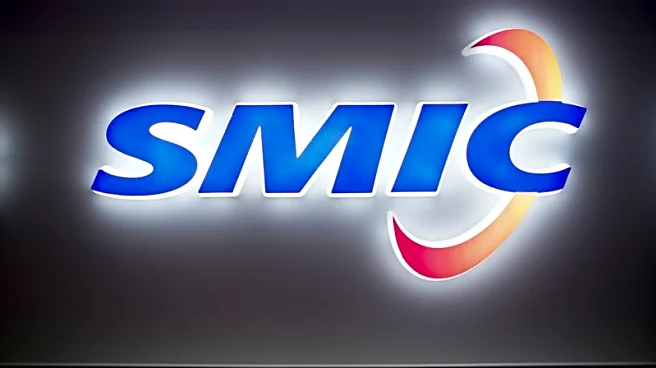Rapid Read • 8 min read
Social media platforms like TikTok and Instagram have seen a surge in posts promoting 'parasite cleanses' and DIY worm detoxes, claiming to cure symptoms such as brain fog and fatigue. Influencers, including Kim Rogers, known as the 'Worm Queen,' and supermodel Heidi Klum, have endorsed these cleanses, which often involve herbal supplements and enemas. However, Dr. Leana Wen, a CNN wellness expert and emergency physician, cautions against these practices. She explains that parasitic infections are rare in high-income countries like the U.S., and most cases occur in travelers from regions with higher prevalence. Dr. Wen emphasizes that these cleanses are not scientifically proven and that FDA-approved antiparasitic medications are the recommended treatment for such infections.
AD
The promotion of unverified health practices on social media can lead to misinformation and potential health risks. The cleanses being marketed are not regulated by the FDA, meaning their efficacy and safety are not guaranteed. This trend highlights the broader issue of health misinformation online, which can result in individuals delaying proper medical treatment or misdiagnosing themselves. The reliance on social media for health advice underscores the need for public awareness and education about the importance of consulting healthcare professionals for medical concerns. The impact of these practices could lead to increased healthcare costs and complications from untreated conditions.
Healthcare professionals and organizations may need to increase efforts to combat health misinformation on social media. This could involve public health campaigns to educate the public about the risks of self-diagnosing and self-treating based on online advice. Regulatory bodies might also consider implementing stricter guidelines for health-related content on social media platforms. Additionally, influencers promoting health products may face scrutiny or calls for accountability regarding the claims they make.
The rise of social media health trends reflects a cultural shift towards self-care and alternative medicine, often driven by distrust in traditional healthcare systems. This trend raises ethical questions about the responsibility of influencers and platforms in ensuring accurate health information. It also highlights the need for improved digital literacy among the public to discern credible sources of health advice.
AD
More Stories You Might Enjoy












